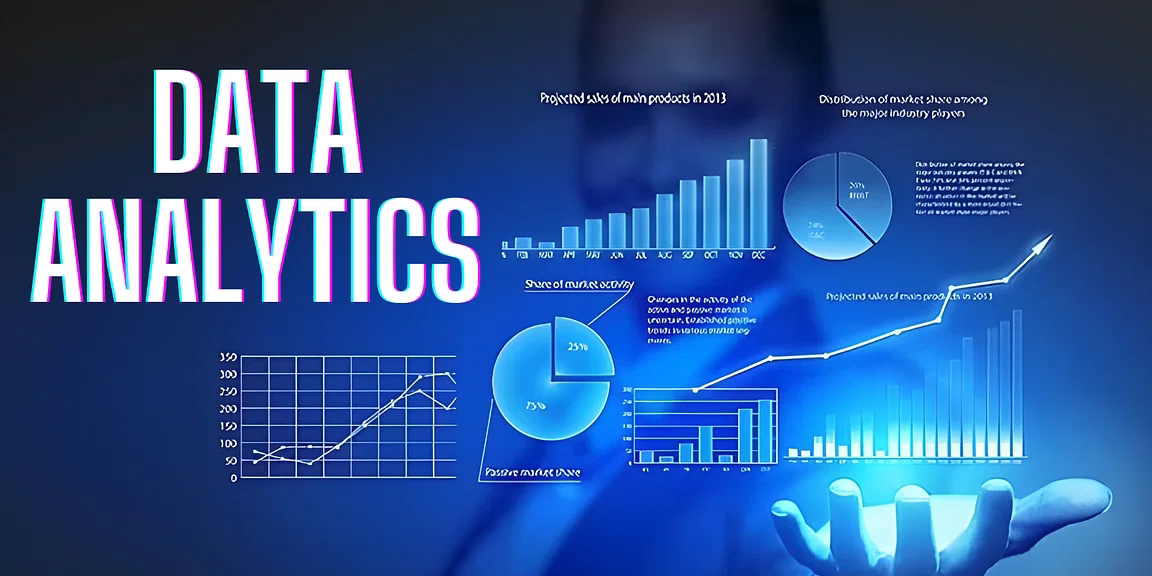Data analytics has become increasingly vital for businesses in today's data-driven world. Through the use of advanced technologies, businesses can effectively harness the power of data analytics to gain valuable insights, make informed decisions, and significantly enhance overall operational efficiency. Here are three key ways in which businesses can leverage data analytics:
1. Insights generation: Data analytics allows businesses to process and analyze vast amounts of data from various sources, including customer interactions, sales transactions, online behavior, and social media sentiments. By implementing sophisticated data analytics tools and techniques, businesses can derive meaningful insights from this data, leading to a deeper understanding of customer behaviors, preferences, and market trends. These insights can help identify growth opportunities, optimize marketing strategies, and enhance product offerings. For instance, analyzing customer feedback can help identify pain points in a product or service and guide decision-making in terms of improvements or new features.
2. Informed decision-making: With data analytics, businesses can move away from intuition-based decision-making to a more data-driven approach. By analyzing historical data, companies can forecast future trends and predict outcomes, enabling them to make precise and informed decisions. For instance, retailers can leverage data analytics to optimize inventory management by identifying patterns of consumer demand and adjusting stock levels accordingly, reducing wastage and saving costs. Similarly, financial institutions can use predictive analytics to assess credit risk and make informed lending decisions.
3. Operational efficiency: Data analytics allows businesses to streamline and improve their operations by analyzing processes and identifying inefficiencies. By gaining insights into how their operations are functioning, businesses can make data-driven decisions to enhance overall efficiency. For example, the use of data analytics can optimize supply chain management by analyzing historical demand patterns, reducing inventory holding costs and improving delivery times. Additionally, data analytics can be applied to monitor equipment performance, identify maintenance requirements, and minimize downtime, thereby increasing operational productivity.
Overall, harnessing the power of data analytics enables businesses to gain a competitive edge by basing their decision-making processes on factual insights rather than assumptions. It helps companies improve customer experiences, optimize operations, and drive innovation. By investing in data analytics capabilities and integrating it into their decision-making processes, businesses can not only achieve higher efficiency but also enhance their overall performance and drive long-term success in today's dynamic business landscape.
